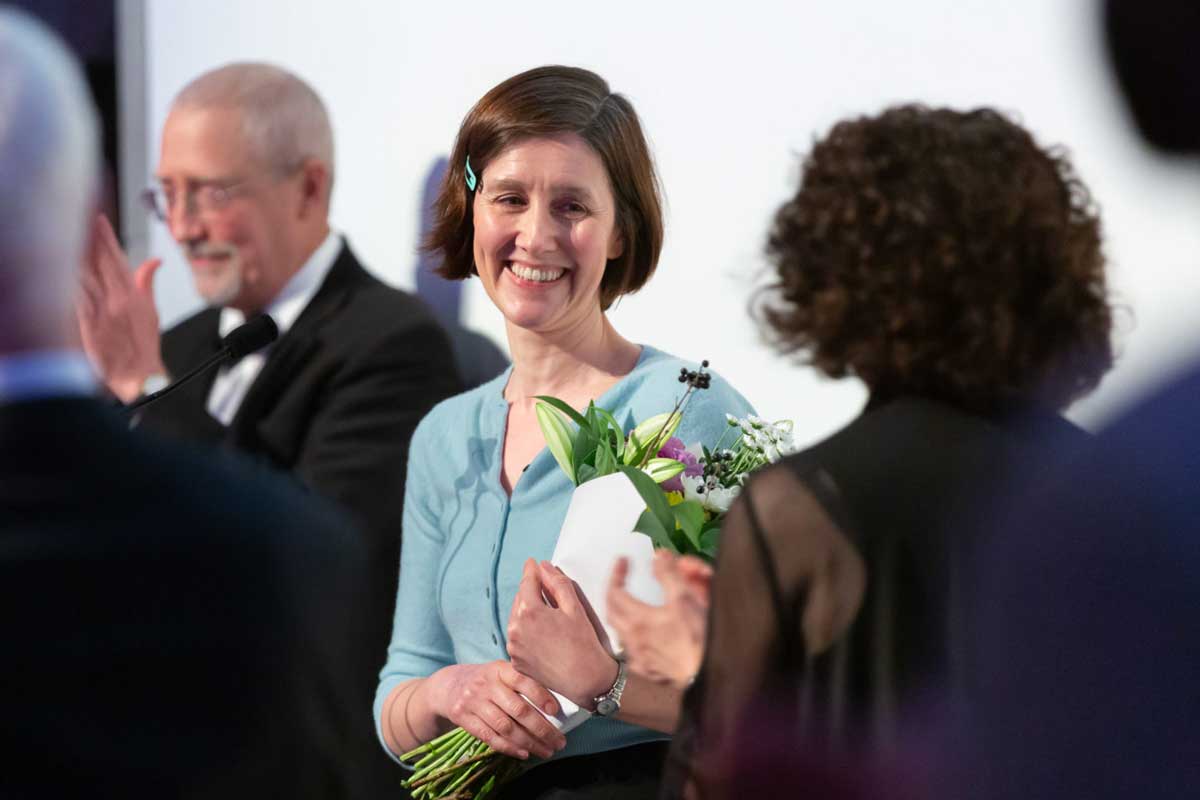On the Spot: Julia Lovell - 2 minutes read

Why are you a historian of modern China?
When I was 20, my mother lent me her copy of Jung Chang’s Wild Swans. I read it in a weekend and felt I had to know more about China. The best way to do that was to learn Chinese.
What’s the most important lesson history has taught you?
To try to see things from multiple angles.
Which history book has had the greatest influence on you?
For my most recent book, Odd Arne Westad’s The Global Cold War.
What book in your field should everyone read?
Anything by Jonathan Spence, for populating Chinese history with individual voices.
Which moment would you most like to go back to?
The abdication of the last emperor of China in 1912 and the foundation of the republic.
Which historian has had the greatest influence on you?
Can I have two? Rana Mitter and Odd Arne Westad.
Which person in history would you most like to have met?
Liang Qichao, a polemical journalist at the centre of debates about China’s political transformations.
How many languages do you have?
Operating comfortably, 4; reading slowly, another 2.
What’s the most exciting field in history today?
Digital history and access to far-flung sources.
What historical topic have you changed your mind on?
China’s relationships with the world beyond its borders – I change my mind about it with every new piece of research.
Which genre of history do you like least?
Traditional diplomatic international history; I prefer history that goes beyond the experiences of ruling elites.
Is there an important historical text you have not read? Too many!
What’s your favourite archive?
The UK National Archive has an invaluably global range of materials, and the International Institute of Social History in Amsterdam.
What’s the best museum?
I loved the National Museum of Singapore’s use of oral histories to present voices from the island’s past.
Normans or Anglo-Saxons? Armorican Gauls.
Rome or Athens? Athens.
Braudel or Gibbon? Braudel.
Michelangelo or Frida Kahlo? Michelangelo.
What is the most common misconception about your field?
Outside specialists, many still assume that China has historically been far more isolated than it actually was.
What will future generations judge us most harshly for?
For not taking enough action on the environmental emergency.
Julia Lovell’s books include The Opium Wars: Drugs, Dreams and the Making of China (2011) and Maoism: A Global History (2019), which won the 2019 Cundill History Prize.